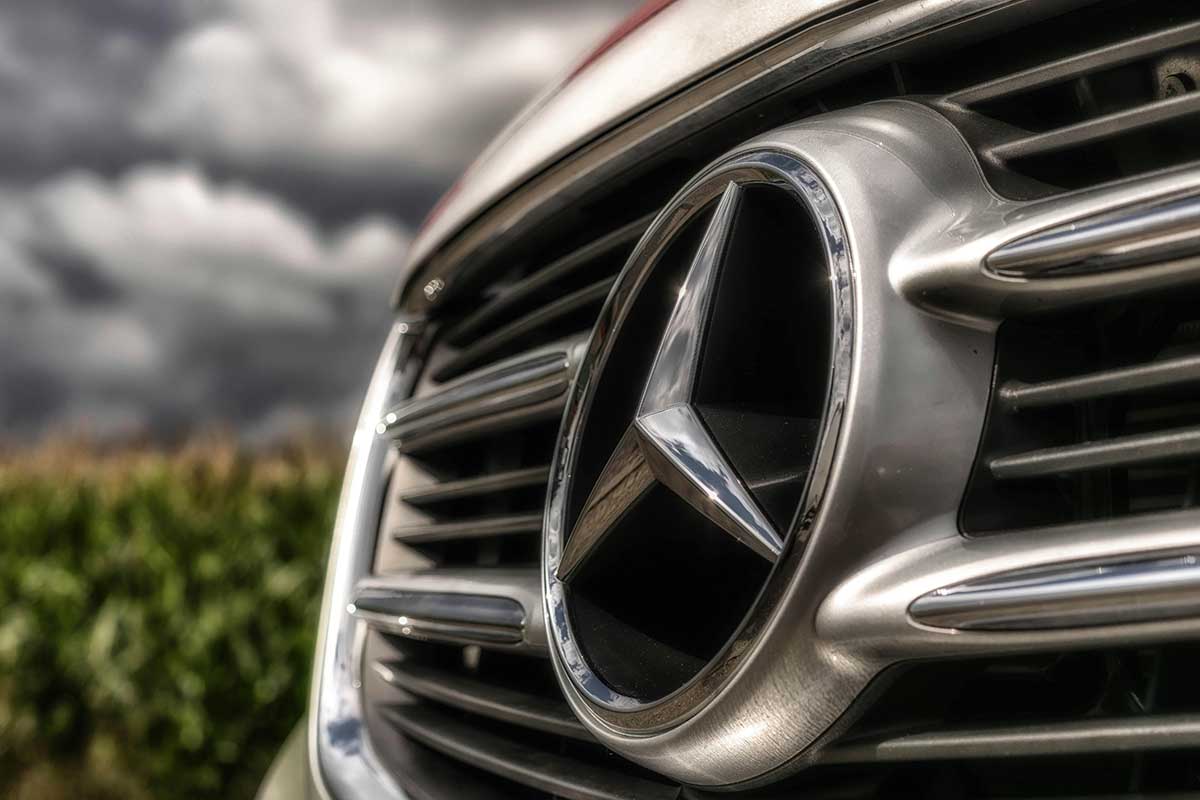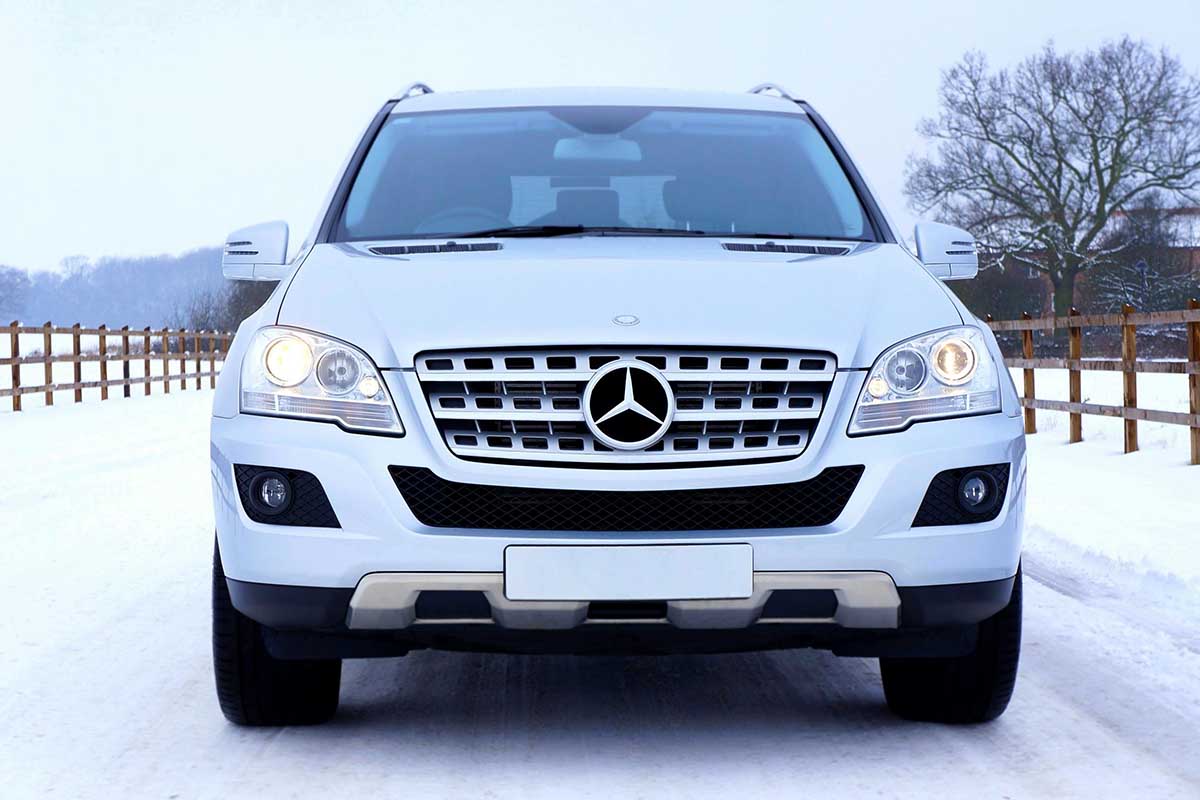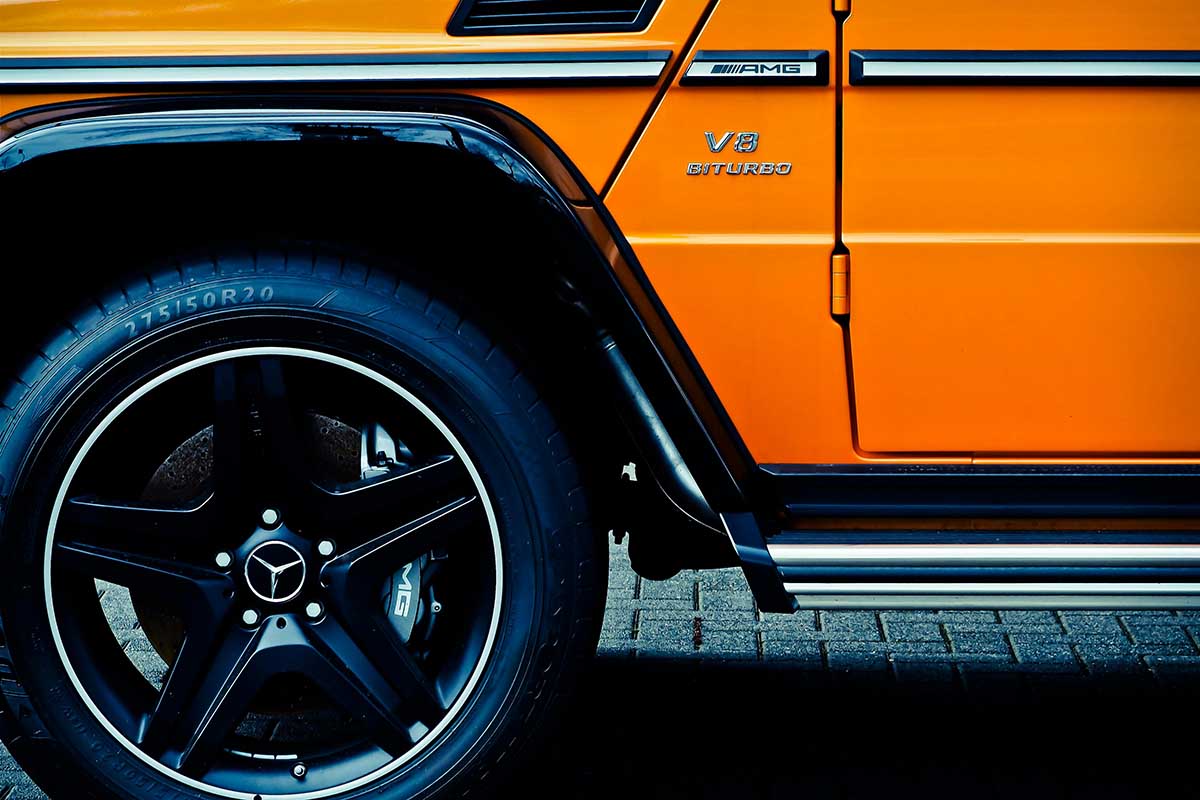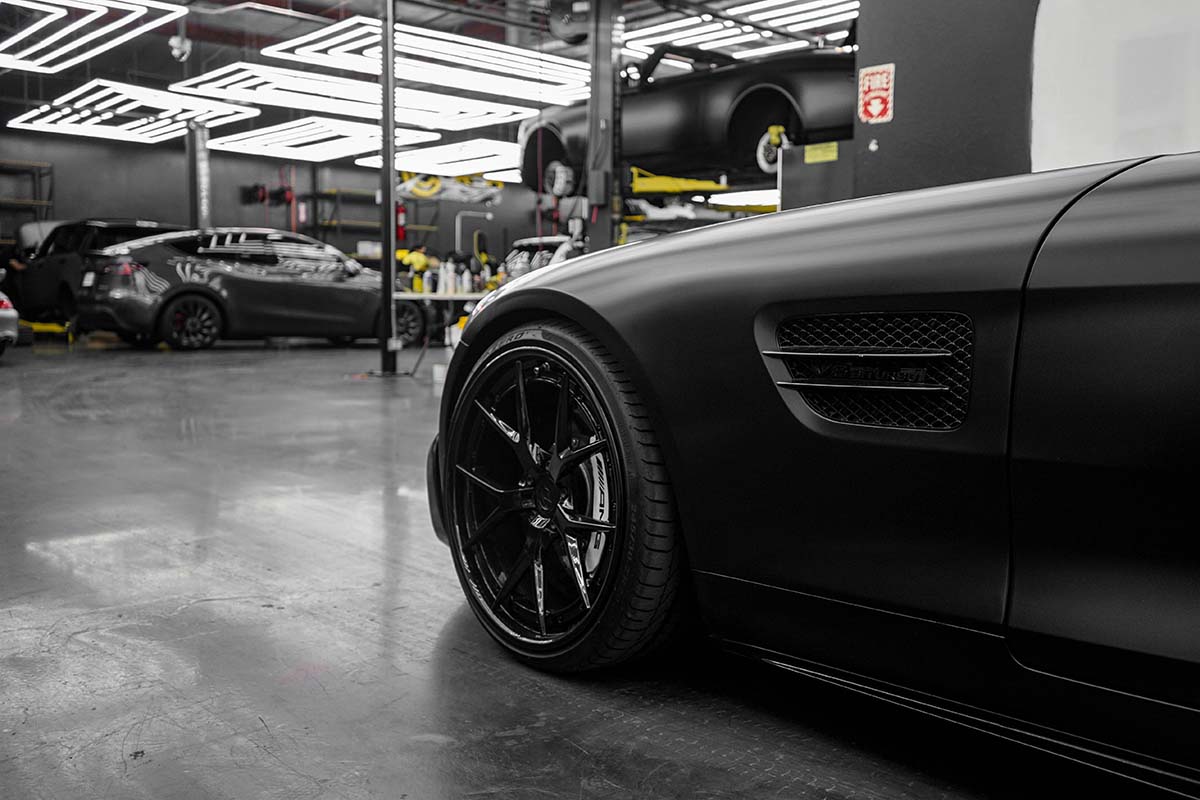The Future of Mercedes Vehicles
Key Points
- Mercedes-Benz aims to be fully electric by 2030, moving toward a sustainable, luxury-driven future by developing advanced EV platforms.
- The EQ sub-brand may be phased out as Mercedes integrates electric technology across all models, simplifying its lineup for consumers.
- Mercedes is investing in next-gen battery tech and autonomous driving, aiming for long-range EVs with advanced features by the end of the decade.
The automotive industry is in the process of a seismic shift towards electric mobility, and Mercedes-Benz intends to lead the revolution.
It has realistic ambitions of becoming an all-electric brand by 2030. To this end, Mercedes has already established a lineup of EVs under its EQ sub-brand.
When you are browsing and looking at used Mercedes for sale, you will already see a fantastic lineup of EV and EQ models to choose from.
What the future holds for all of their range is a hot topic of conversation, as it seems that Mercedes-Benz may be moving away from the EQ branding as part of its plans to incorporate electric technology more seamlessly across its entire lineup.
So, what does the future hold for Mercedes-Benz vehicles? Here’s a look at Mercedes-Benz’s evolving approach to EVs, the likely shift away from the EQ sub-brand, and how its models are poised to transform in the coming years.
Mercedes-Benz’s Shift to EVs Marks a Commitment to Sustainability
Mercedes-Benz has publicly committed to a carbon-neutral fleet by 2039, and part of this commitment involves ramping up the production and availability of its EV models.
To achieve this target, Mercedes vehicles has heavily invested in electric platforms, battery technology, and the current charging infrastructure.
Meanwhile, the EQ models, which include the EQS, EQE, and EQB, have been the car maker’s heralded introduction into the electric luxury market.
However, the shift toward EVs isn’t just about meeting emissions standards, it’s also about ensuring that Mercedes-Benz remains competitive in a rapidly changing market.
By 2025, it predicts that half of its sales will be electric or plug-in hybrid models, with the ultimate goal of producing only electric vehicles by 2030.
This roadmap provides the strongest signal possible that EVs will increasingly become the primary focus for Mercedes.
What Does the Future Hold for the EQ Sub-Brand?
The EQ (Electric Intelligence) sub-brand was introduced as a way of distinguishing Mercedes’ electric offerings from its combustion engine models. However, with its ultimate vision of an all-electric future, the desire to provide clear blue water between EVs and internal combustion engine vehicles could become increasingly uneccesary.
Recently, it has been suggested that Mercedes may retire the EQ sub-brand in favor of a more integrated approach where EVs simply become the norm across its core lineup.
The obvious advantage of this approach is that it simplifies the lineup, making it easier for consumers to choose an EV without navigating additional branding signals.
New Electric Platforms Show the Way Forward
To support its all-electric future, Mercedes-Benz is investing heavily in dedicated electric platforms. The two primary platforms expected to shape the next generation of EVs are
MMA (Mercedes Modular Architecture)and MB.EA (Mercedes-Benz Electric Architecture). Firstly, MMA will underpin the next generation of compact and midsize electric vehicles.
This platform is intended to be more versatile, allowing for a range of body styles, including sedans, SUVs, and crossovers.
Designed with electric powertrains in mind, the MMA platform will provide a balance of efficiency and performance while optimizing interior space.
In comparison, MB.EA will be a fully electric platform aimed at large and premium vehicles. This platform is expected to debut around the middle of the decade.
It will enable Mercedes to incorporate advanced autonomous driving capabilities, improved battery range, and high-performance specifications across all of its flagship models.
We are Witnessing the Evolution of Iconic Mercedes Models
The definite shift toward all-electric platforms will lead to significant changes in Mercedes’ iconic models, including the E-Class and S-Class.
By 2030, these luxury sedans are likely to be fully electric, with designs and features tailored for electric mobility.
The E-Class, traditionally Mercedes’ midsize luxury sedan, will likely move toward a sleek, streamlined design optimized for aerodynamics and battery efficiency.
Its flagship offering, the S-Class, is known for pioneering new technologies. The all-electric S-Class could integrate cutting-edge features such as Level 3 autonomous driving capabilities, customizable interior configurations, and Mercedes’ much heralded “Hyperscreen” display, which extends across the entire dashboard.
Undoubtedly, the electric S-Class would continue to set the standard for luxury while pushing forward new innovations in battery and charging technology.
Finally, its popular SUV lineup, including the GLC and GLE, will also likely see electric versions as part of the brand’s push for electrification.
These models will combine off-road capability with improved electric ranges and will be expected to cater to the growing demand for electric luxury SUVs.
Enhanced Battery Technology and Longer Ranges
Without doubt, a critical part of Mercedes-Benz’s EV evolution involves significant advancements in battery technology.
The goal is to make EVs practical for long-distance travel, with ranges of up to 400-500 miles on a single charge.
To this aim, Mercedes has partnered with several battery technology companies to develop next-generation solid-state batteries, which promise longer lifespans, higher energy density, and faster charging times.
Not only that, Mercedes is expanding its network of ultra-fast charging stations, enabling its EVs to recharge to 80% capacity in as little as 20-30 minutes.
Advanced Connectivity and Autonomous Driving
As the automotive industry advances, connectivity and autonomous driving capabilities are becoming the default standard.
With this in mind, Mercedes-Benz has already made strides in autonomous technology with its Drive Pilot system, which enables Level 3 autonomy under certain conditions.
In the future, Mercedes will likely expand these capabilities across its lineup, focusing on making each drive safer, more convenient, and highly automated.
A More Unified and Global Electric Brand on the Future Mercedes vehicles
With the potential phase-out of the EQ sub-brand, Mercedes is likely working toward creating a unified brand image that’s defined by electric technology, luxury, and sustainability.
By 2030, Mercedes-Benz’s lineup could consist entirely of EVs, and each model will embody the brand’s legacy of commitment to luxury, quality, and innovation across its range.
It is clear to see that Mercedes-Benz’s future is driven by a clear vision of sustainable, all-electric mobility combined with luxury and innovation.
It is positioning itself as a leader in the EV market.
By transitioning its core lineup to electric, and potentially dropping the EQ designation, Mercedes aims to make EVs synonymous with its brand.
As the company moves toward an electric-only future, the next decade promises to be a transformative era for one of the world’s most iconic automotive brands like Mercedes vehicles.






















